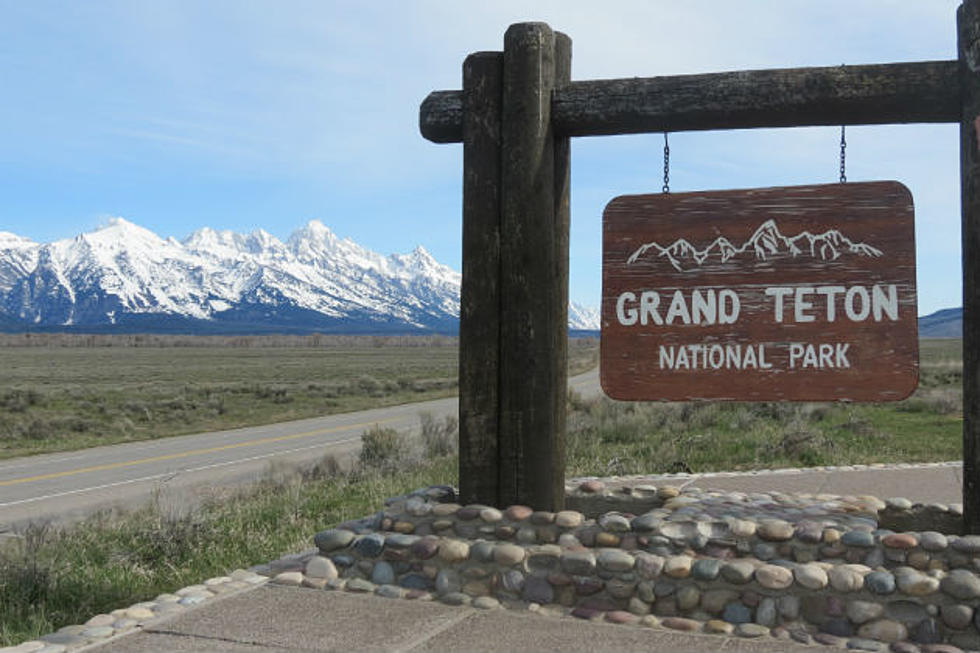
Outrageous Property Taxes Pushing Legacy Residents Out of Jackson, Wyoming
You've heard the saying, "Jackson, Wyoming: where the billionaires are pushing out the millionaires."
You might also know that Jackson is struggling to find ways to keep the employees it needs to run everything from retail stores and restaurants to police and fire.
Now, long-time residents that go back generations are finding it impossible to stay. Not just because of the cost of the property, but due to property taxes.
According to 2019 IRS returns, Teton County has the highest concentration of wealth per household than any other county in the nation. The adjusted gross income (AGI) is the amount of money a household makes before taxes or charitable deductions. Teton County's adjusted gross income (AGI) for 2019 was $312,442. As a comparison, New York County, which has the second-highest AGI, has $212,34. (Wyoming Public Media).
This gives Teton County has the highest concentration of wealth per household than any other county in the nation.
As prices skyrocket for EVERYTHING the taxes go up with it.
Long-time residents in the area might have thought that owning their own property could save them from having to move out of Teton country, but raising taxes is catching up to them.
Teton County Assessor Melissa Shinkle said home values, depending on what area of Jackson Hole they're in, have doubled, tripled, or in some cases quadrupled since she took office about four years ago. In 2021, the total number of real estate transactions actually went down compared to 2020. But the total sales volume increased - to the tune of 84%, according to one report. (WPM).
"I think people are going to be very upset when they open their assessments this year," Shinkle said.
Shinkle would like state legislators to take a look at the problem. She is afraid that some people might lose their homes.
Democratic State Rep. Mike Yin of Jackson is proposing a county optional refund program that could help offset market forces. Similar efforts are being tried in states like Minnesota and New York, too, in order to counteract the national trend of rising home values.
Hot Air Balloon Threads Wind River Canyon Wyoming
Vintage Wyoming Movie Posters
More From Wake Up Wyoming









